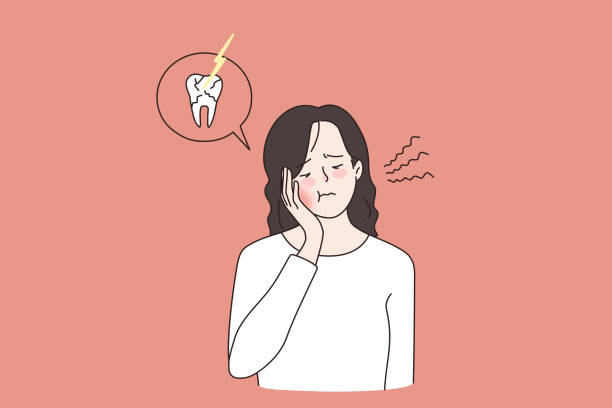Question and Answer



Are Dental Implants painful?
Is it painful to have a dental implant? Dental implants should be disassembled in two parts. The first stage is surgery, followed by recovery. Your dentist will surgically place dental implants. This necessitates cutting into the gums. As you might expect, this sounds excruciating. Your dentist will, however, administer a local anesthetic before they begin.
Is it painful to have a dental implant? This is very similar to the results of a fillings procedure. Once the area is completely numb, the dentist can make an incision to expose the jawbone. You will feel no pain because the area has been completely anesthetized.
The area can then be made more accessible before drilling a hole for the implant. While drills may appear to be painful, your jawbone does not have nerves that allow it to feel pain. The most likely source of discomfort is pressure. You will not feel any drilling. A screw can then be used to secure the dental implant It will take about an hour to numb the area, make the incision, drill, and install the implants. Your dentist will seal the incision when he or she is happy with the placement. Patient won’t experience any pain as long as local anesthetic is in effect. Before beginning the procedure, your dentist may administer pain medication to ensure that you have adequate pain relief when the anesthetic wears off. The recovery process then starts.
WHAT SHOULD I EXPECT WHILE HEALING?
Expect some tenderness after the anesthesia wears off. However, it is not insurmountable. Your dentist will most likely advise you to take an over-the-counter pain reliever if you experience any discomfort during the healing process. You must adhere to any aftercare instructions provided by your dentist. The following are examples:
- For the first 24 hours after surgery, avoid using straws.
- Expect some minor swelling for the next two to three days.
- The next day, rinse with salt water 3 to 4 times per day.
- In the first 48 hours, avoid eating anything that is too hot.
- Follow a liquid diet for the next 24-48 hours.
- For at least three days after surgery, smoking should be avoided.
- For any discomfort, take Tylenol®.
Everyone’s recovery and healing will be unique. The general consensus is that you should not experience much pain during the procedure or recovery. If you experience pain, especially days later, seek medical attention or schedule a follow-up appointment with your dentist. While surgery is not known to be painless, dental implants are one of the more manageable procedures. Most patients compare the pain to that of having a tooth pulled.

